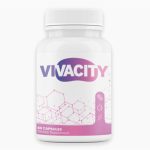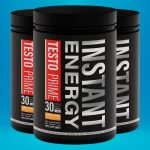Half of all drug prescriptions filled these days are generics, and most large insurers, as well as Medicare and Medicaid, favor them because they're cheaper. Even government VIPs getting medical care at Walter Reed Army Medical Center in Washington are given generics. They are, of course, widely used in Canada. But many people worry that generics aren't the same as the brand-name drugs, and several patients have told us that when they switched from a brand name to a generic, the effect was not the same.
Understanding Generics
A drug company that develops and patents a new drug has the right to sell it exclusively for 17 years. After that, the patent expires, and other companies can manufacture competitive clones of the drug. For the copy to be regarded as interchangeable with the original their active ingredients must be identical although, by law, the amount of active ingredient can vary by as much as 20% above or below that of a name brand drug! In addition, the generic must be the bio-equivalent of the original. Meaning, the active ingredients must be absorbed by the body at the same rate and with the same effects. The medication may contain a different inert ingredient, however, and it's possible that someone might have a minor side effect from that ingredient, but it happens only rarely.
Drugs that meet “the standard” are given an “A” rating in the Orange Book, a guide all pharmacists consult. Most, but not all, generics today do get an “A” rating. Otherwise, the drug is not interchangeable.
If you switch from a brand name to a generic (or vice versa) and have disappointing results, remember that other factors can affect the way a drug works. Your diet, other drugs you may be taking, or some change in your medical status may also come into play. Still, when you are trying to cut costs, there's absolutely no reason to shy away from generics if your doctor feels it's OK for you to use one. You're also wise to consider generics when buying nonprescription drugs. By federal law, over-the-counter drugs must meet the same standard as prescription drugs.
Personally, I feel you always get at least a slightly better product by using a name brand prescription drug. But the, sometimes significant, increased cost of using name brand over generic can be prohibitive for some people. Many “managed care” insurance plans these days won't even cover a name brand drug if a generic is available!
Luckily, for the vast majority of health problems that require a medication, you will get better whether you use a name brand or generic medication.










